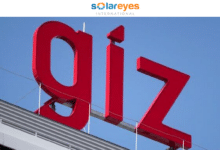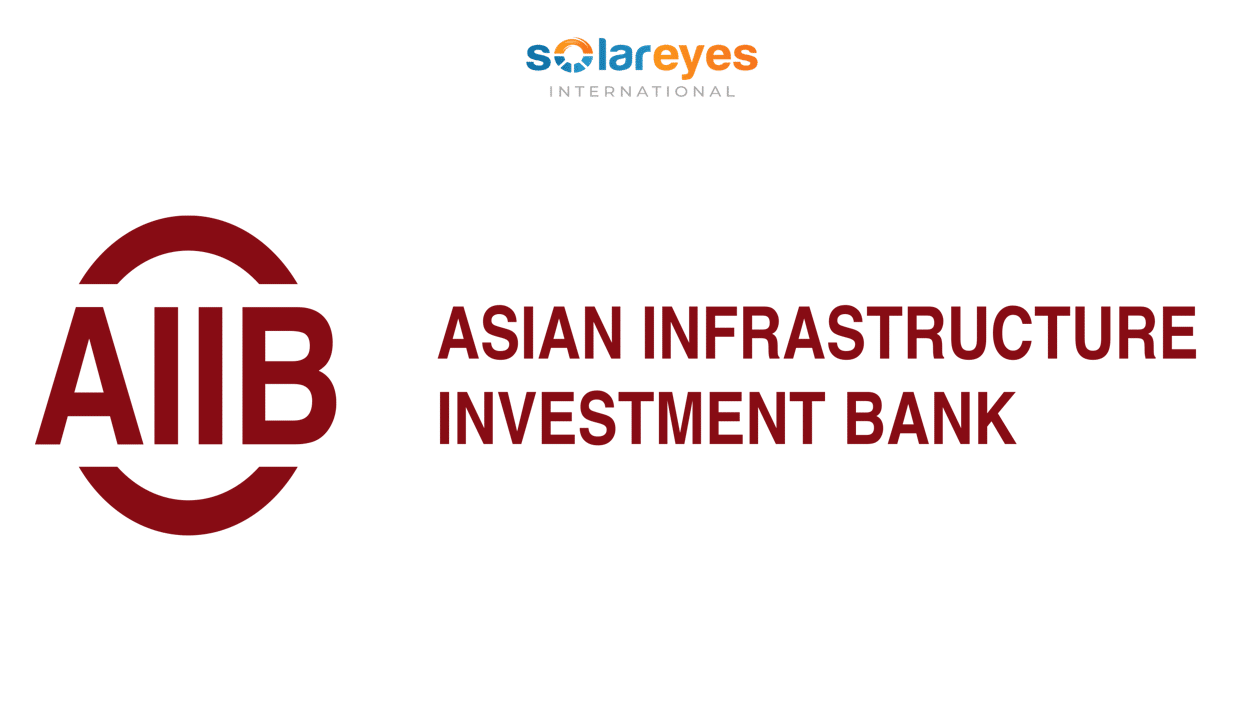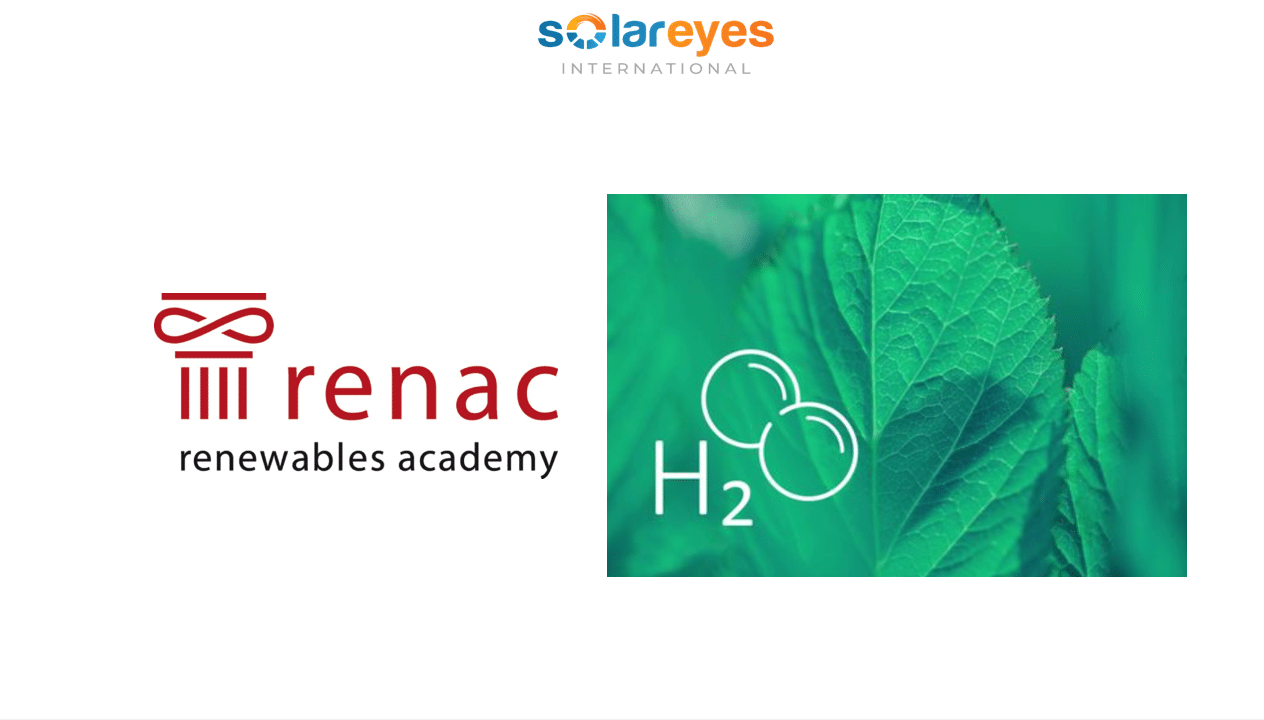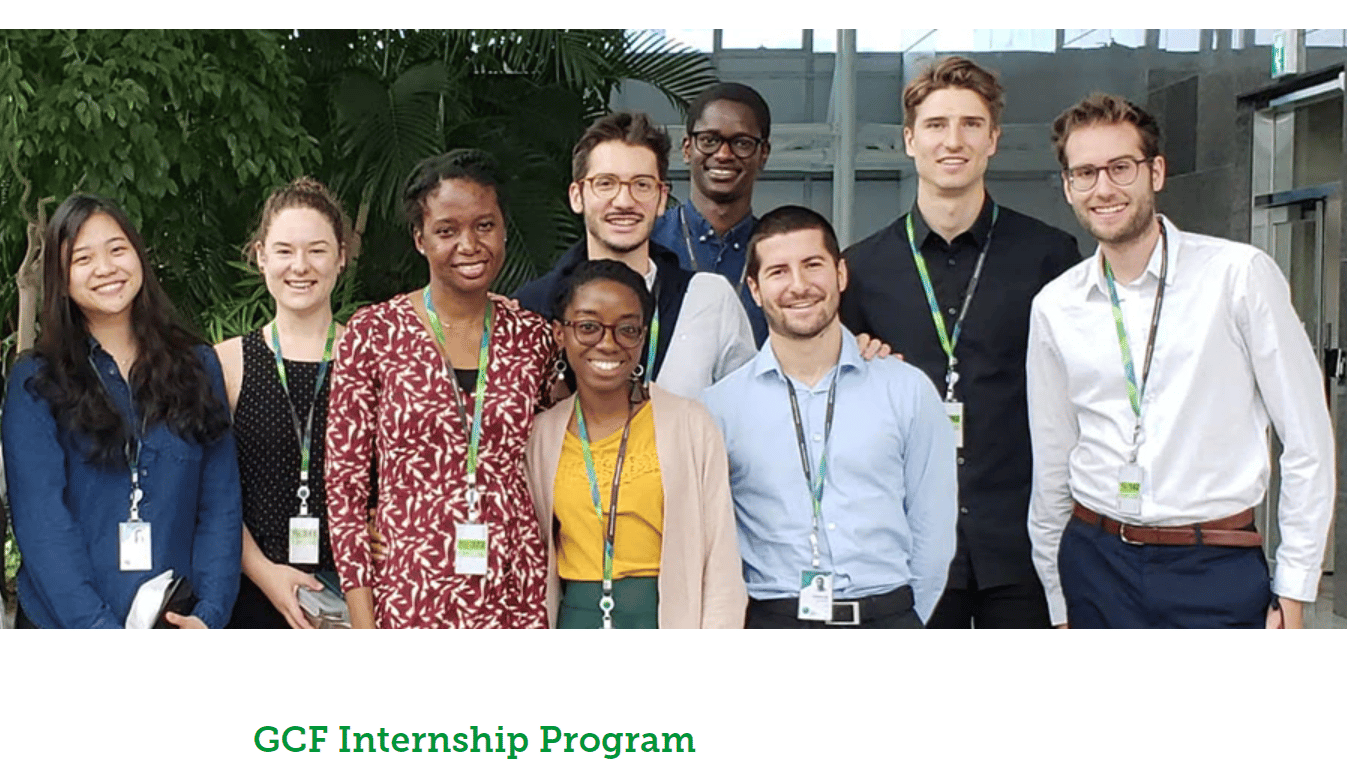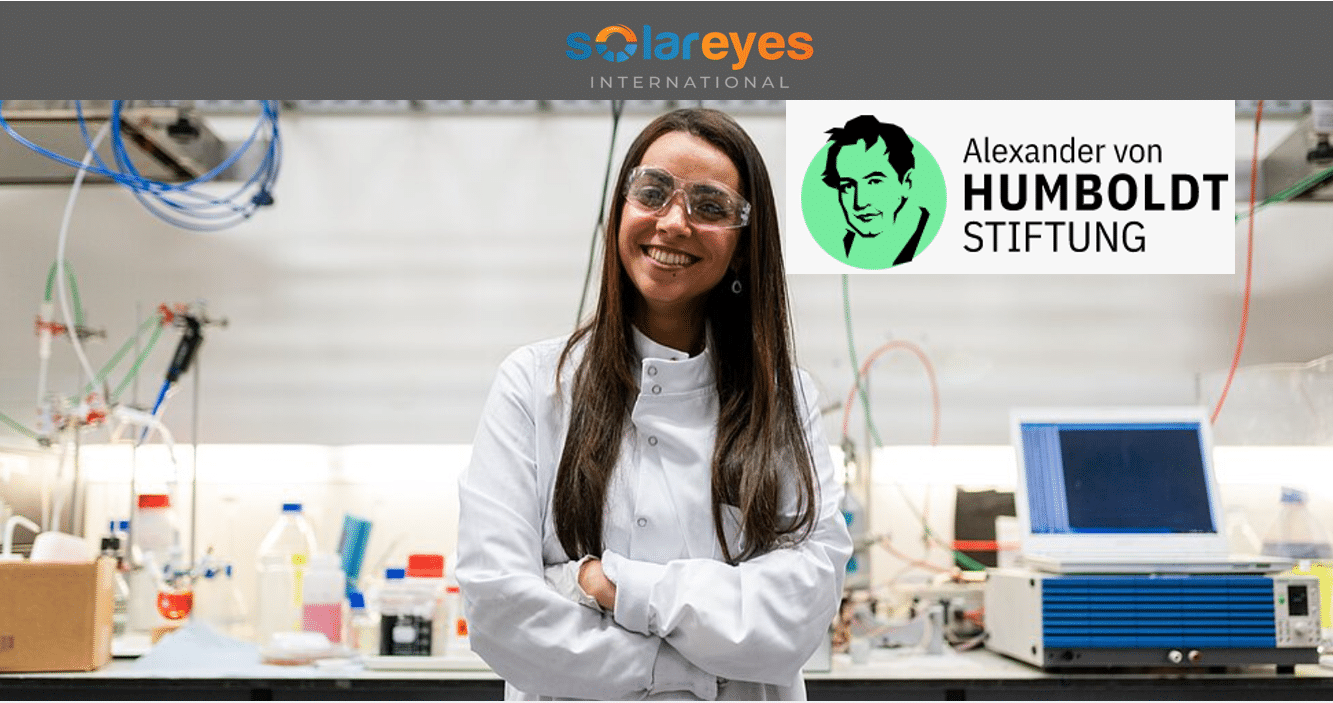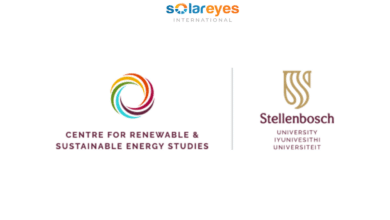Chatham House Global Platform for Action Climate and Sustainability Academy Fellowship: monthly stipend of £2,365
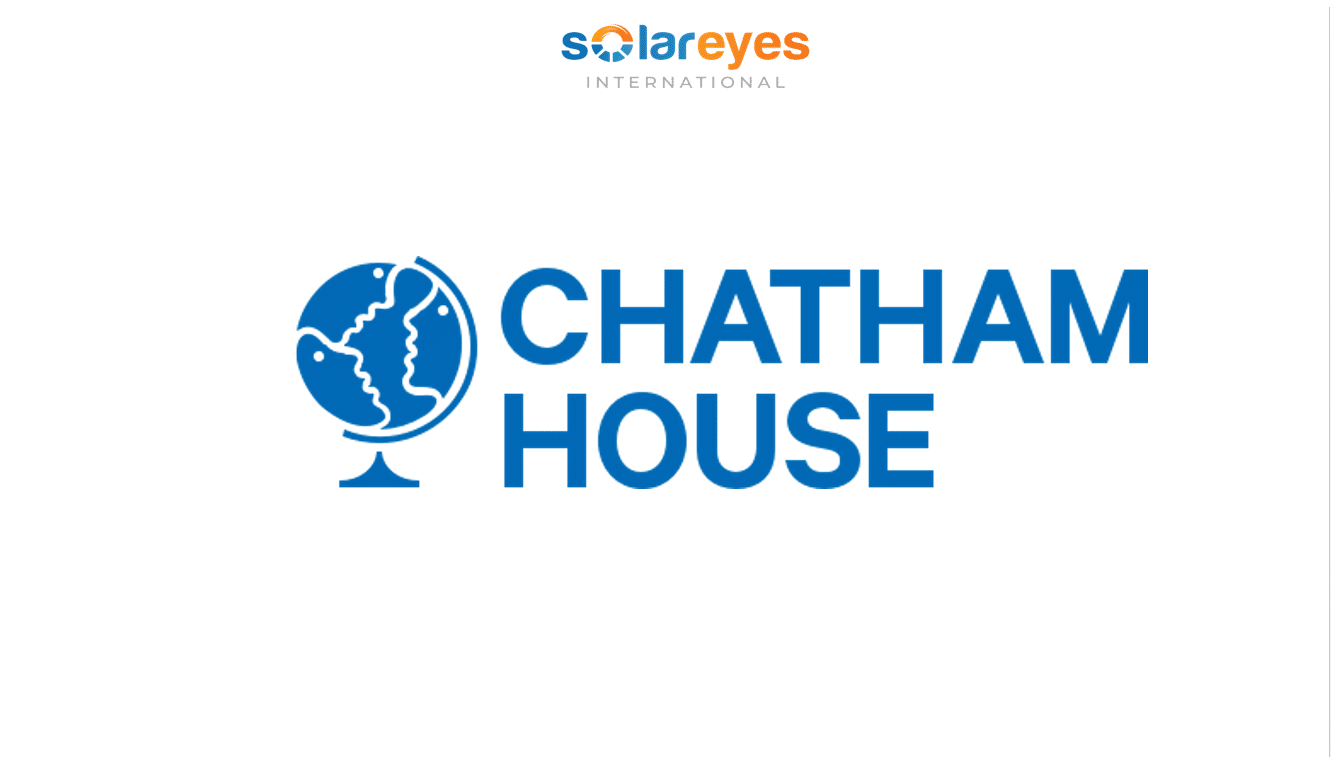
Open to individuals who have lived experience of forced displacement, this fellowship seeks candidates to work with our Environment and Society Programme.
Chatham House Global Platform for Action Climate and Sustainability Academy Fellowship
Global Platform for Action Climate and Sustainability Academy Fellowship is a joint initiative between Chatham House and the Global Platform for Action on Sustainable Energy in Displacement Settings (GPA) hosted at The United Nations Institute for Training and Research (UNITAR), and the University of Oxford Refugee-Led Research Hub (RLRH).
The fellowship offers candidates the opportunity to spend ten months at Chatham House working on a personal project. Fellows are strongly encouraged to consider how they can develop the existing research of the Environment and Society Programme and GPA Transforming Humanitarian Energy Access (THEA) programme on the topic of humanitarian energy.
SOLAR PV MODULE MANUFACTURING PROCESS EXPLAINED – from solar cells to solar panel
The programme provides inclusionary analysis and evidence to support the energy needs of all displaced people. They focus on quantitative data analysis to support the aims of delivering inclusive humanitarian energy action in refugee settings.
Fellows take part in the core work of the Institute, developing their skills through the leadership programme, and furthering their professional network in the field of international affairs.
Applications are open between 12pm BST on Wednesday 10 May and 10am BST on Friday 9 June 2023.
Requirements and fellowship structure
Who can apply?
Eligibility for this fellowship is limited to individuals who meet the selection criteria and want to work with the Environment and Society Programme.
Citizenship
The fellowship is open to individuals who have lived experience of forced displacement such as identifying as a current or ‘former’ refugee, asylum seeker, internally displaced person, stateless person, or another category.
Education
Applicants must hold a completed BA degree or equivalent and have experience with conducting research.
Y Combinator Startups on Clean Energy and Sustainability
Career
The ideal candidate should be at the early-to-mid-stage of their career and come from one of the following fields or work: academia, NGO, business, government departments, civil society or the media. All applicants should possess knowledge of, and an interest in, international affairs, their chosen area of research, and Chatham House’s mission and research.
Age restrictions
We do not impose age restrictions for applicants.
Can I undertake other work or study at the same time as my fellowship?
Fellows are expected to work full-time towards their fellowship and therefore it is not possible to undertake a fellowship at the same time as pursuing work or studies.
Solar Panels on Your Roof in South Africa? Here is How to Qualify for a Tax Rebate
How long and where?
Applications are open between 12pm BST on Wednesday 10 May and 10am BST on Friday 9 June 2023.
Duration
Academy Fellows will spend ten months at Chatham House between October 2023 and July 2024.
Location
The fellow will be based full-time at Chatham House, London with hybrid working also possible.
How is it structured and what are the benefits?
A fellow’s time will be split between three key areas:
- Completing a personal research project: the fellow will choose and design a personal project to undertake with the guidance of a Chatham House expert (approximately 60%).
- Leadership Programme: it is a key part of all fellowships. It aims to develop fellows knowledge, network, self-awareness and to equip them with important skills on which they can draw in their future careers as leaders in their field (approximately 20%).
- Contributing to ongoing research activities: working with their host research team and other Chatham House teams as appropriate, fellows will contribute to existing research priorities in line with the Chatham House mission (approximately 20%).
Leadership Programme
All fellows participate in and contribute to the Leadership Programme which encompasses the following components:
Intensive induction week
Academy fellowships begin with an intensive five-day induction week to become familiarized with the elements of the fellowships, meet their host research programme and have their first personal development coaching session.
Discussion seminars
In these sessions, fellows meet and discuss current international affairs challenges with subject matter experts from Chatham House and beyond. The sessions cover the principal substantive and skills-based areas vital for informed and effective international leadership. Fellows usually chair these sessions and are expected to contribute to and learn from one another’s experience.
Opportunities for Solar Energy Development in Europe
Leadership workshops
Every two months, fellows participate in half-day workshops focusing on skills development within specific aspects of leadership such as ‘Leadership in a new role’ and ‘Fostering innovation and entrepreneurship’.
Project presentations
Fellows present updates on their research projects to help develop presentation skills, provide a forum for peer-review and to analyse issues outside their own area of expertise.
Personal development coaching
Fellows have access to one-on-one sessions with a dedicated coach as a way to grow their self-awareness. Fellows work with the coach to set personal development objectives which they work to meet during their fellowship and beyond.
Media training
Fellows learn effective interview skills needed for television and radio culminating in a mock interview from which they receive feedback on style and any areas of improvement
‘Leadership in the 21st Century’ Breakfast Briefings
All fellows benefit from priority access to the ‘Leadership in the 21st Century’ Breakfast Briefings series. There, they have the opportunity to discuss leadership experiences and learn in an informal setting with leaders from government, business, media and the non-profit sectors.
10 Surprising Ways Solar Energy Can Save You Money Today!
Career mentoring (optional)
Fellows’ development is facilitated and supported by partnering them with mentors to enhance their career perspective and path.
Remuneration and benefits
The fellow will receive a monthly stipend of £2,365 which will cover London living costs, including accommodation, utilities, food, transport and other basic expenses.
The Academy will cover costs related to relocation, visas and payment of the UK’s Immigration Healthcare Surcharge which allows access to the UK National Health Service (Note: candidates may be required to pay for dental and optical treatments and medicines prescribed by a doctor), fieldwork and travel, research activities, and possible publication.
Remuneration and benefits
To apply for this fellowship, we need:
- The applicant’s CV/résumé
- The names of two referees
- The applicant’s proposal for a research project (see PDF for details)
Global Platform for Action Climate and Sustainability Academy Fellowship Topic Guidance
(PDF)
Selection criteria:
Meet eligibility requirements and have lived experience of forced displacement such as identifying as a current or ‘former’ refugee, asylum seeker, internally displaced person, stateless person, or another category.
Must hold a completed BA degree or equivalent
10 Surprising Ways Solar Energy Can Save You Money Today!
Applicants with quantitative data analysis experience are encouraged.
A minimum two years of professional experience in the field of the proposed research (this can include a PhD)
Must be excited to contribute to the work of Chatham House’s Environment and Society Programme specifically and propose a project around their existing or complementing research areas
Proven leadership experience or leadership potential
Commitment to Chatham House values
Aptitude to benefit from the broad and inclusive nature of the fellowship
The relevance and clarity of the proposed research project, as demonstrated through the project proposal
Relevant background experience, as demonstrated through the curriculum vitae
Demonstrate the necessary English-language ability
Motivation to undertake the fellowship
A post-fellowship plan which indicates how the candidate will apply their research, skills and knowledge
Selection process:
- Stage one: complete the application. Once the submission period ends, all applications will be reviewed and shortlisted by our selection committee.
- Stage two: shortlisted applicants will be invited to an interview via Zoom. The interviews are carried out by a member of senior management at Chatham House and relevant programme representatives. After this round, fellows will be selected and notified via email.
MORE INFORMATION AND APPLICATION HERE
FOLLOW US ON OUR CHANNELS
Follow us on LINKEDIN, FACEBOOK, TELEGRAM GROUP and WHATSAPP.
*** ALSO CHECK: ABBREVIATIONS IN THE SOLAR ENERGY SECTOR
HOW TO SIZE A SOLAR SYSTEM – 5 clear steps anyone can follow

